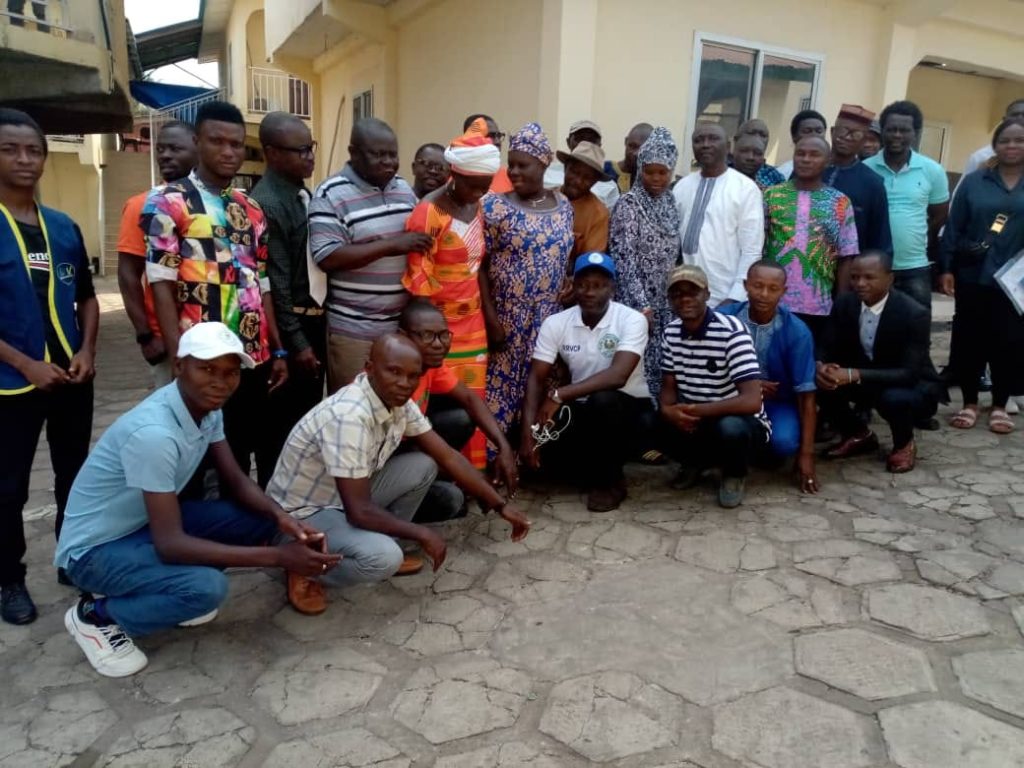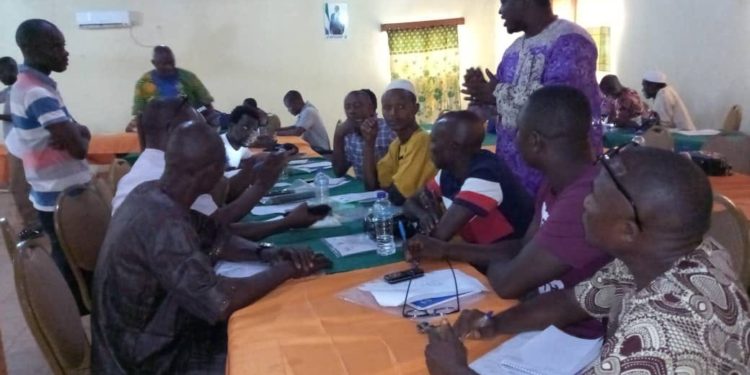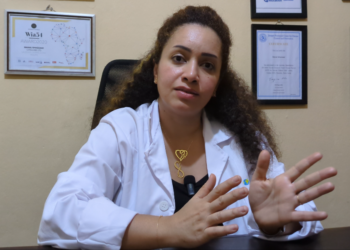Implementing partners of the Sierra Leone Regional Rice Value Chain Project (RRVCP) on Friday ended a two-day planning meeting ahead of the next planting season.
Officials said the objective was to prepare for the second-year implementation of the project which seeks to increase rice production in the country.
RRVCP, which is coordinated by the Ministry of Agriculture, is part of a subregional initiative aimed at boosting food self-sufficiency in West Africa. Five countries – Gambia, Guinea, Niger, Senegal and Sierra Leone – are participating in the project.
Sierra Leone is said to be one of the first countries to have commenced implementation, after President Julius Maada Bio officially launched it in June 2021.
The project is being implemented in three chiefdoms in two districts: Samu and Mambolo chiefdoms in Kambia, and Bum Chiefdom in Bonthe. It entails supporting and training 7,000 farmers – 5,000 in Bonthe and 2,000 in Kambia – with a focus on mechanised rice production.
The project also involves provision of breeder and foundation seeds, which are multiplied for use in subsequent planting seasons. This is intended to eliminate the perennial problem of seed importation.
Some 4000 hectares of land will be subjected to irrigation to increase the cropping period.
In addition, crucial agricultural infrastructures will be established as part of the project, notably reconstruction of the derelict Torma-bum processing mill and construction of drying floors and markets in all project locations to create more linkages for farmers.
The RRVCP was also designed to capacitate crucial institutions within the agriculture sector – the Sierra Leone Agricultural Research Institute (SLARI), the Seed Multiplication Program (SMP), and the Sierra Leone Seed Certification Agency (SLeSCA). It will further provide support to smallholder farmers to organize themselves into productive entities and to cultivate some 35, 000 hectares of farmland to increase on their income, reduce poverty and food insecurity, as well as improve the livelihood of rural population.
Overall, the RRVCP was intended to contribute to an increased production of rice by 50 % within the 10-year lifespan of the project.

The estimated cost of the project in Sierra Leone is US$ 34.12 million, which was initially provided by the Islamic Development Bank.
The planning meeting which was held at the J&E Hotel in Bo from Thursday, January 20 to Friday, January 21, was meant to serve as a review of last year’s activities to improve on the implementation.
Participants were drawn from the ministry as well as farmers involved with the project.
Briama Bangura, Monitoring and Evaluation Specialist for RRVCP, said the meeting was meant to plan possible steps and identify a road map for prudent implementation of the project, to place Sierra Leone on a competitive footing with fellow RRVCP participating countries.
For Sierra Leone, increasing rice productivity is part of efforts to cut down on annual imports of the country’s staple, which is estimated to be between US$200million and US300million.
Dr. Mathew L. S. Gboku, Acting Director General of SLARI, who chaired Friday’s session, commended the project management unit for adopting the bottom-top approach in its engagement of the various stakeholders, noting that farmers’ inputs were critically important in planning for successful implementation.
RRVCP Coordinator, Abdulai Bun Wai, revealed that in the 2021 cropping season, a total of 1,500 hectares of land was put under cultivation, with Tormabum accounting for 1000 hectares and Samu and Mambolo accounting for a combined 500 hectares.
“The donors wanted SLARI and SMP to provide foundation and breeder seeds before the commencement of the project, but the government wanted the project to do planting from the first year. The Ministry of Agriculture and Forestry engaged the Africa Development Bank through Sierra Leone Agribusiness and Rice Value Chain Support Project to secure seeds rice for the project,” he stated.
According to Mr Wai, since the various segments of the implementation process depend on each other, the success of the project will be determined by the participation of the active players, hence the need for such consultations.
Wai also noted that when the project commenced, only one donor – the Islamic Development Bank – was fully on board, which he admitted affected the implementation process. He revealed that the Arab Bank for Economic Development in Africa (BADEA) has since committed to provide further funding, which he said would help to increase the project’s primary objectives of rice production and productivity.
The project coordinator described the first year of implementation as a learning process for its management team, noting that it enabled them to understand the rice value chain challenges in the country and to organize the farmers and work with the agribusiness companies to enhance a successful implementation.
Speaking on behalf of the hosting chiefdoms, the Paramount Chief of Bum, PC Alex Maada Kainpumu II, commended the project management unit for involving the farmers in the planning process. He said that the ecology of Torma-bum was different from those of Mambolo and Samu, noting that identifying the different varieties that could be suitable for the various ecologies could enhance the chance of increasing rice yield.
PC Kainpumu II urged the project management officials to ensure involving the farmers when engaging the agribusiness companies to enable them make input into the negotiation.






















